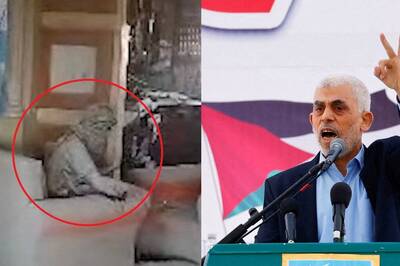
views
New Delhi: With Aneil Mathrani's statements that Natwar Singh and his son Jagat Singh got oil coupons from the Saddam Hussein regime for person service, the debate on the Volcker report has heated up further in the Indian Parliament.
However, the question that many people would like answered is what exactly was the Oil-for-Food programme.
Following former Iraq dictator Saddam Hussein's invasion of Kuwait in 1990, the United Nations Security Council had imposed sanctions on the country.
In order to keep the sanctions in place while easing the human toll they were taking on Iraq?s civilian population, the UN started the $66 billion Oil-for-Food programme in 1995, after five years of negotiations.
Under the programme, the Saddam Hussein government could sell oil at UN prescribed prices in exchange for goods such as food and medicines but not money.
According to Iraq's agreement with UN, 72 per cent of the earnings from the programme would go for humanitarian purposes while the remaining 28 per cent would be used to pay off the Gulf War compensation imposed on Iraq.
In December 1996, Iraq began exporting oil under this programme for the first time and the first shipments of food started arriving in the country from March 1997.
Initially there was a limit on the amount of oil Iraq could sell under the programme - $ two billion every six months ? but the cap was increased in 1998 and by 199 there was no ceiling to the amount of oil that could be sold.
Till the year 2002, Iraq sold more than $67 billion in oil under the programme.
However, after the US invaded Iraq in 2003, the Oil-for-Food programme was scrapped and a probe was ordered into how the Iraq government had managed the funds.
According to a UN investigation, Iraq had exported oil worth $65 billion between December 1996 and March 2003 but received humanitarian supplies worth only $31 billion.



















Comments
0 comment